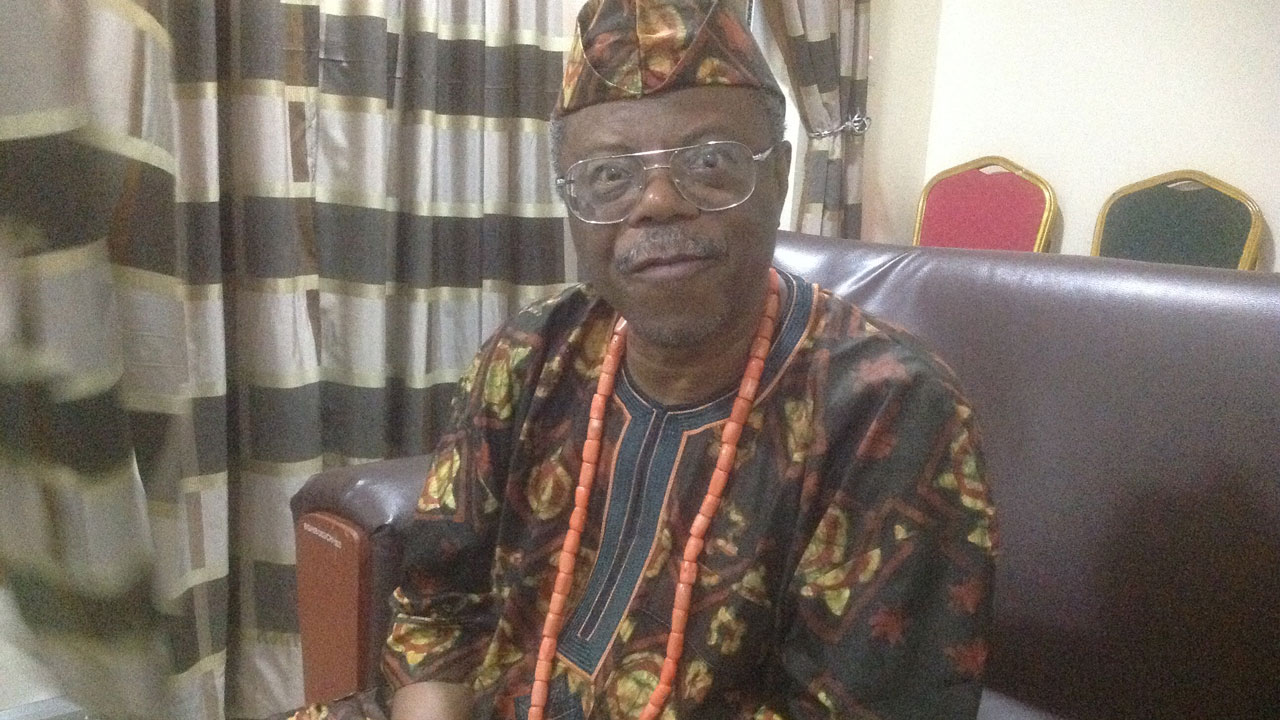
A professor of African studies at the University of Texas, Austin, Prof Toyin Falola, has said a comprehension of religion is necessary for an understanding of the society and world events.
Delivering the keynote address at the opening ceremony and international conference of The Ogbu Uke Kalu Centre for Christianity & African Culture at Abia State University, Uturu, Falola, who spoke on ‘Christianity and African Culture’, explained that Christianity is attractive to those oppressed or suffering under native religions in colonial India and various parts of Africa.
He said:”As a combination of ethical frameworks, practices, and explanations for human existence, religion holds some degree of influence over practically every life, both today and in the past. Historically and today, communities are shaped and formed by religion, which also determines standard behaviours, knowledge, and norms.
“While Christianity offers a unified religion through which people and nations that were previously conflicting may unite, it also disrupts systems and cultures that were in place for thousands of years prior and uniquely tailored to suit the people and environment of the land.
“Introduction of Christianity and its affiliated aspects certainly can undermine rich cultures and incite conflicts and upheavals. But the fact that it causes such significant ripples in society and is so deeply rooted in our idea of success and the associated culture makes it worth studying”.
Falola disclosed that late Professor Kalu was one of the world’s seminal scholars, focusing mostly on African Christianity, Global Missions, and Global Pentecostalism.
The two-day event had Prof Afe Adogame of Princeton Theological Seminary and Professor Chima Korieh of Marquette University, Wisconsin, USA as lead speakers.



